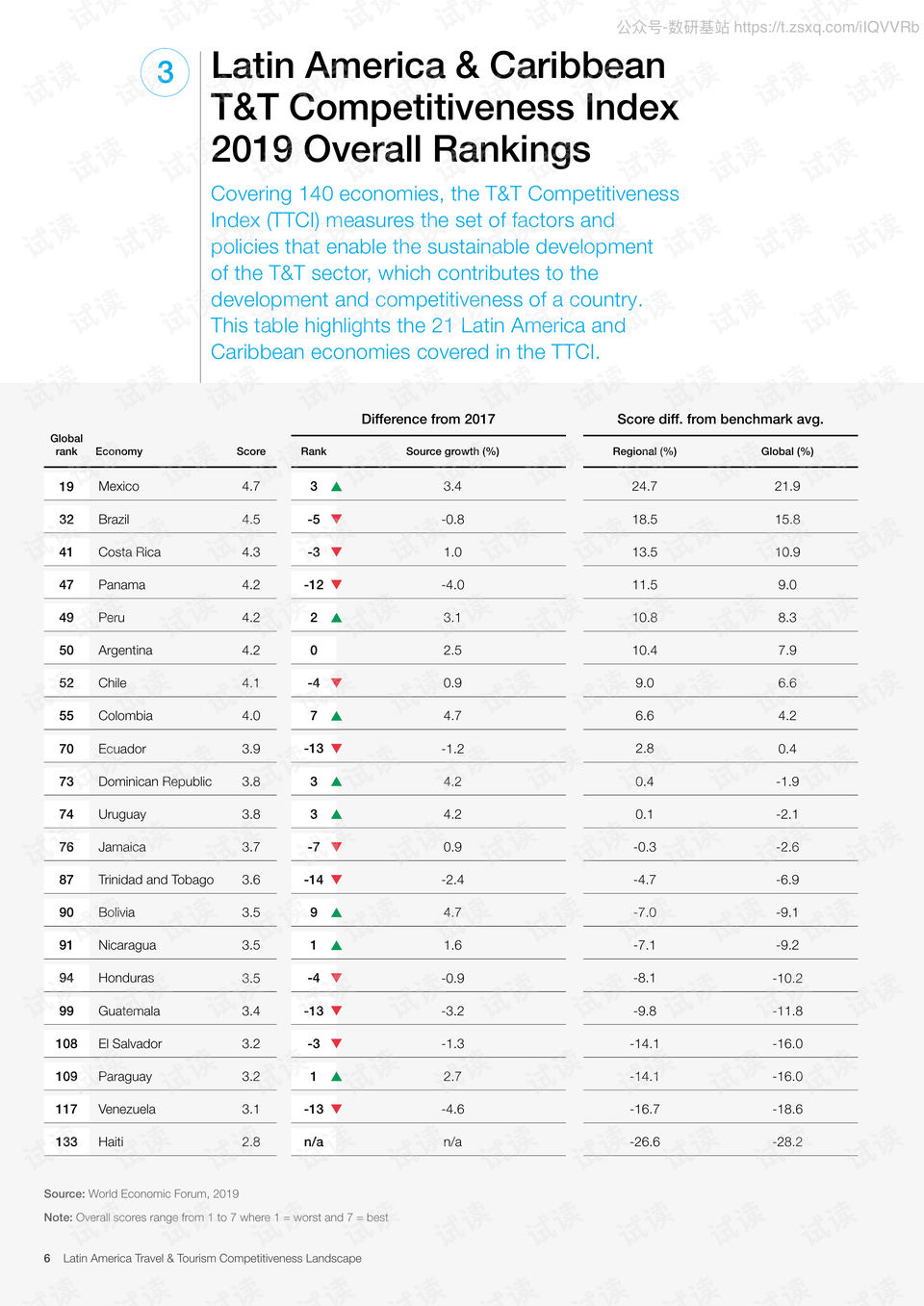The COVID-19 pandemic, an unprecedented global health crisis, has reshaped the way we live, work, and interact with each other. The term "pandemic" itself, derived from the Greek word "pandemos," meaning "affecting all the people," encapsulates the scale and severity of this viral outbreak. As countries grapple with its impact, a plethora of English expressions have emerged to describe the various aspects of this complex situation. This article delves into the English language's vocabulary related to COVID-19, exploring terms that encapsulate the disease's nature, its impact on society, and the measures taken to contain its spread.
疾病描述与特性
Coronavirus (冠状病毒): A type of virus that causes respiratory illnesses in humans and animals. COVID-19, more specifically, is a variant of this group.
SARS-CoV-2 (严重急性呼吸综合征冠状病毒2): The scientific name for the virus that causes COVID-19.
Pandemic (大流行): A global epidemic affecting a large portion of the world's population.
Asymptomatic (无症状的): Individuals infected with the virus who show no symptoms but can still spread it.
Flattening the curve (平缓疫情曲线): A strategy to reduce the rate of infection growth by implementing social distancing measures, aiming to slow the spread and avoid overwhelming healthcare systems.
社会与经济影响
Lockdown (封锁): A set of restrictions on movement and gatherings imposed by governments to curb the spread of the virus.
Social distancing (社交距离): Maintaining a physical distance from others to reduce the risk of infection.
Quarantine (隔离): The separation of individuals or communities exposed to a contagious disease to prevent its spread.
Essential services (基本服务): Services deemed necessary for maintaining public health and safety during a pandemic, such as healthcare, grocery stores, and utilities.
Furlough (休假停职): The temporary leave of absence from work due to circumstances beyond an employee's control, often related to pandemic-related restrictions.
Economic recession (经济衰退): A period of reduced economic activity due to the pandemic's impact on businesses and consumer spending.
科技与信息传播
Contact tracing (接触追踪): The process of identifying and monitoring individuals who have come in close contact with someone infected with COVID-19 to prevent further transmission.
Telecommuting (远程办公): Working from home using technology to connect with colleagues and clients, a common practice during the pandemic to reduce in-person interactions.
Digital divide (数字鸿沟): The gap in access to technology and internet connectivity, which has widened during the pandemic, affecting remote working and education.
Misinformation (误导信息): False or inaccurate information about COVID-19 that can spread rapidly on social media, endangering public health.
Vaccine (疫苗): A biological preparation that provides immunity against a particular disease, in this case, COVID-19. Terms like "vaccination rollout" (疫苗接种计划) and "vaccine hesitancy" (疫苗接种犹豫) are also used extensively.
心理与情感反应
Anxiety (焦虑): A common emotional response to the uncertainty and threat posed by the pandemic.
Isolation (隔离): Both physical separation from others due to illness or quarantine measures and emotional detachment from social connections.
Grief (悲痛): The emotional response to loss caused by the pandemic, including deaths of loved ones or the loss of normalcy.
Resilience (复原力): The ability to bounce back from adversity, a crucial quality during times of crisis as people adapt to new realities.
Community spirit (社区精神): The sense of unity and support among individuals within a community, often strengthened during times of crisis.
The COVID-19 pandemic has not only redefined our understanding of public health emergencies but has also enriched our linguistic repertoire with a multitude of expressions that capture its unique characteristics and societal impact. From scientific terms like "SARS-CoV-2" to societal phenomena like "furlough" and "digital divide," these expressions reflect our collective experience of navigating through uncharted waters. As we continue to grapple with the aftermath of this pandemic, it is crucial that we use our words wisely, fostering understanding and empathy while striving for a more resilient and connected future.
转载请注明来自爬爬百科,本文标题:《全球新冠疫情,挑战、应对策略与英文表达》












 京ICP备11000001号
京ICP备11000001号
发表评论